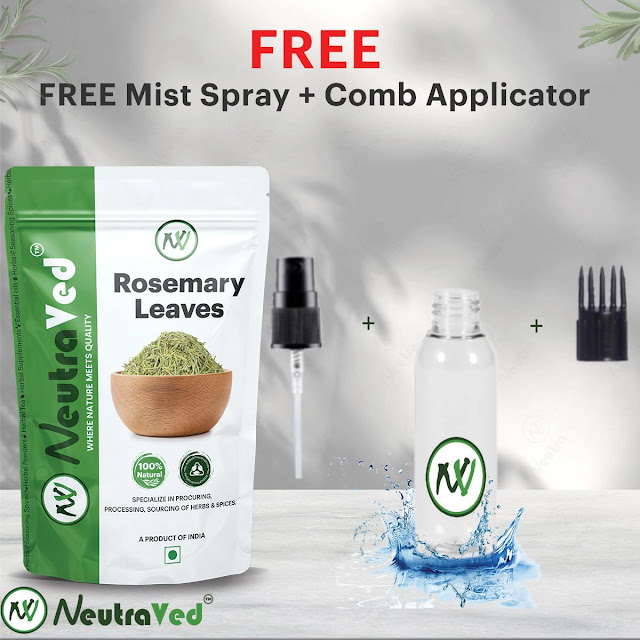Is Sugar Acne's Best Friend?
Let us take a deep dive into the sugar-acne connection. Acne affects millions, and many people wonder why it won't go away. Surprisingly, a common culprit might be lurking in your diet: sugar. With the average American consuming nearly 150 pounds of sugar each year, the connection between sweet treats and skin issues deserves a closer look. This article explores how sugar plays a significant role in acne development and worsening.
Let us see how sugar impacts your skin.
The Glycemic Index and Acne
The glycemic index (GI) measures how quickly foods raise blood sugar levels. High-GI foods cause rapid spikes, leading to inflammation. Foods like white bread, sugary drinks, and pastries rank high on the GI scale and can worsen acne.
- High-GI Foods & Inflammation: When you consume high-GI foods, your body releases insulin to manage blood sugar. This rise in insulin can lead to an increase in hormones that trigger inflammation.
- Inflammation's Role in Acne: Inflammation contributes to the formation of acne by causing red, swollen lesions.
Insulin Resistance and Acne
Insulin resistance occurs when your cells don't respond well to insulin, causing your body to produce more. This increase can lead to more sebum production, the oily substance that clogs pores.
- Insulin's Effect on Sebum Production: Higher insulin levels boost the production of sebum, increasing the chances of clogged pores.
- Sebum and Pimple Formation: Excess sebum leads to blockages and ultimately causes acne breakouts.
Advanced Glycation End Products (AGEs)
AGEs form when sugar molecules bond with proteins, leading to collagen damage and inflammation.
- AGEs and Collagen Damage: When AGEs build up, they can make your skin less elastic and more prone to wrinkles.
- AGEs and Skin Inflammation: AGEs contribute to an inflammatory response that may worsen acne.
Beyond Sugar: Other Dietary Factors Affecting Acne
Dairy and Acne
Many people find a link between dairy consumption and acne.
- Case Studies on Dairy and Acne: Research shows that individuals consuming high amounts of dairy often experience more breakouts.
- Types of Dairy to Limit: Milk, cheese, and yogurt can be problematic, particularly those with added sugars.
Our Product Recommendation
 |
| Bio Organic Aloe Vera Gel |
Disclaimers:
1. As an Amazon associate, I earn from qualifying purchases.
2. Unless specified, my recommendations are based on product claims and not based on personal usage.
Processed Foods and Acne
Processed foods are often high in sugars and unhealthy fats, leading to inflammation.
- Additives and Preservatives: Many processed foods contain additives that can trigger inflammatory responses.
- Impact on Gut Health: A poor diet can harm gut health, which can result in skin issues due to a weakened immune response.
The Science Behind the Sugar-Acne Connection
Hormonal Imbalances and Acne
Sugar can disrupt hormone balance, affecting sebum production and inflammation.
- Hormonal Changes and Breakouts: Elevated insulin can increase other hormones, like androgens, that lead to acne.
- The Role of Androgens: These hormones stimulate the oil glands, contributing to acne eruptions.
Inflammation and the Immune System
Sugar triggers an inflammatory response that can worsen acne.
- Chronic Inflammation and Acne Severity: Persistent inflammation can exacerbate acne, leading to more severe breakouts.
- The Immune System's Role: A healthy immune system can help fight off acne, but sugar intake can compromise its effectiveness.
Managing Your Sugar Intake for Clearer Skin
Tips for Reducing Sugar Consumption
Here are practical ways to cut back on sugar:
- Read Labels: Check for hidden sugars in snacks and beverages.
- Gradual Reduction: Slowly substitute high-sugar items with healthier options.
- Healthy Sugar Alternatives: Consider using honey, maple syrup, or fruit as sweeteners.
Dietary Changes for Better Skin
Making small changes can lead to healthier skin.
- Prioritizing Whole Foods: Focus on fruits, vegetables, and whole grains that provide essential nutrients.
- Hydration and Skin Health: Drinking plenty of water helps keep skin hydrated and flushes out toxins.
When to Seek Professional Help
Recognizing Severe Acne
Knowing when to see a dermatologist is crucial.
- Symptoms Requiring Medical Intervention: If you notice painful, cystic acne or lesions that don’t improve, it’s time for professional help.
- Treatment Options from a Dermatologist: They may recommend topical treatments, oral medications, or professional therapies.
Consulting a Dermatologist or Nutritionist
Professional guidance can be beneficial in managing acne.
- The Benefits of Professional Guidance: Experts can provide tailored advice on diet and skincare routines.
- Finding Qualified Professionals: Look for certified dermatologists and nutritionists who specialize in skin health.

